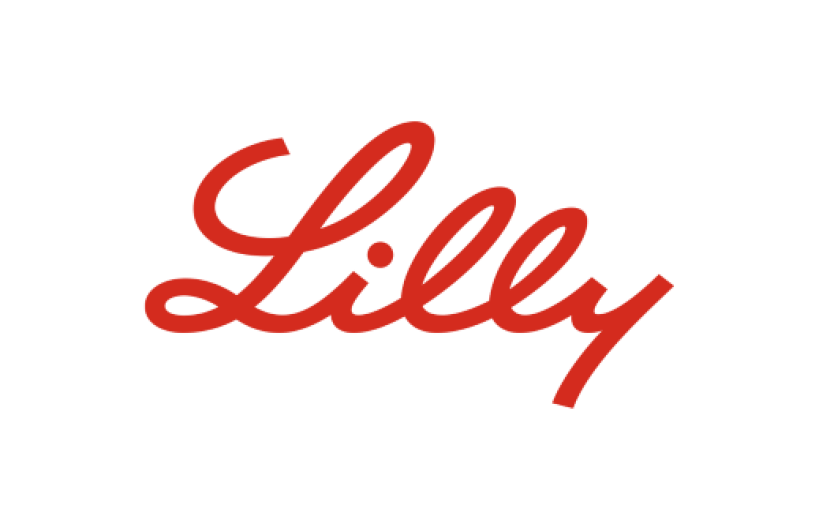INDIANAPOLIS, IN - Eli Lilly and Company announced detailed results from the QWINT-5 phase 3 trial evaluating once-weekly insulin efsitora alfa (efsitora) compared to once-daily insulin degludec in adults with type 1 diabetes who require daily basal and multiple daily mealtime insulin injections. The data were published in
In the trial, efsitora met the primary endpoint of non-inferior A1C reduction at week 26. For the efficacy estimand, efsitora reduced A1C by 0.53% compared to 0.59% for insulin degludec resulting in an A1C of 7.37% and 7.32% respectively3.
The time in range as measured by continuous glucose monitoring (CGM) was similar between efsitora and insulin degludec during the four weeks prior to week 26. In an additional key secondary endpoint, the estimated combined rates of patient-reported clinically significant (blood glucose <54 mg/dL) or severe nocturnal hypoglycemic events per patient-year of exposure were similar between efsitora and insulin degludec over the 52-week study period.
"People with type 1 diabetes need insulin every day. Currently, they can deliver the insulin using an automated insulin delivery system or by taking a daily basal insulin injection and multiple mealtime insulin injections each day," said
Richard Bergenstal , M.D., executive director of theInternational Diabetes Center ,HealthPartners Institute . "This new data shows that with one dose a week of basal insulin, efsitora was able to achieve a similar A1C reduction as taking an injection of one of the most used background insulins every day. I look forward to further evaluation of these data, including ways to minimize hypoglycemia, so once-weekly insulin can be one option for personalizing the management of type 1 diabetes."
In the trial, estimated combined rates of patient-reported clinically significant (blood glucose <54 mg/dL) or severe hypoglycemic events per patient-year of exposure through week 52 were 14.03 with efsitora vs. 11.59 with insulin degludec. There was no evidence of increased duration of hypoglycemia with efsitora compared to insulin degludec based on CGM data.
Estimated rates of severe hypoglycemic events per patient-year of exposure through week 52 were 0.14 with efsitora vs. 0.04 with insulin degludec. More than half (64%) of the reported severe hypoglycemic events with efsitora took place during the initial 12 weeks of the trial's treatment period and incidence of severe hypoglycemia in both treatment groups declined after week 12.
Overall incidence of treatment-emergent adverse events were comparable across treatment groups. Serious adverse events were higher in efsitora compared to insulin degludec, driven by severe hypoglycemic events.
"When we commercialized insulin more than 100 years ago, it marked the beginning of our commitment to people living with type 1 diabetes – today's announcement continues that legacy," said
Jeff Emmick , M.D., Ph.D., senior vice president, product development, Lilly. "These results underscore the potential of efsitora to help some people living with type 1 diabetes lower their A1C with only one basal insulin injection per week, while also highlighting the complexity of treating this chronic disease. With the data we have seen from our phase 3 program so far, we are confident in efsitora's potential to transform diabetes care and will continue to pursue new treatment options until we can eliminate the disease entirely."
Detailed results for QWINT-2 are also being presented at EASD and simultaneously published in



